Chrome Steel vs. Stainless Steel Bearings: Which Do You Need?
Bearings are crucial for precise movement and reliability in mechanical systems. The type of material affects how well and how long a bearing works....
4 min read
Erik : Aug 27, 2025 5:09:06 AM
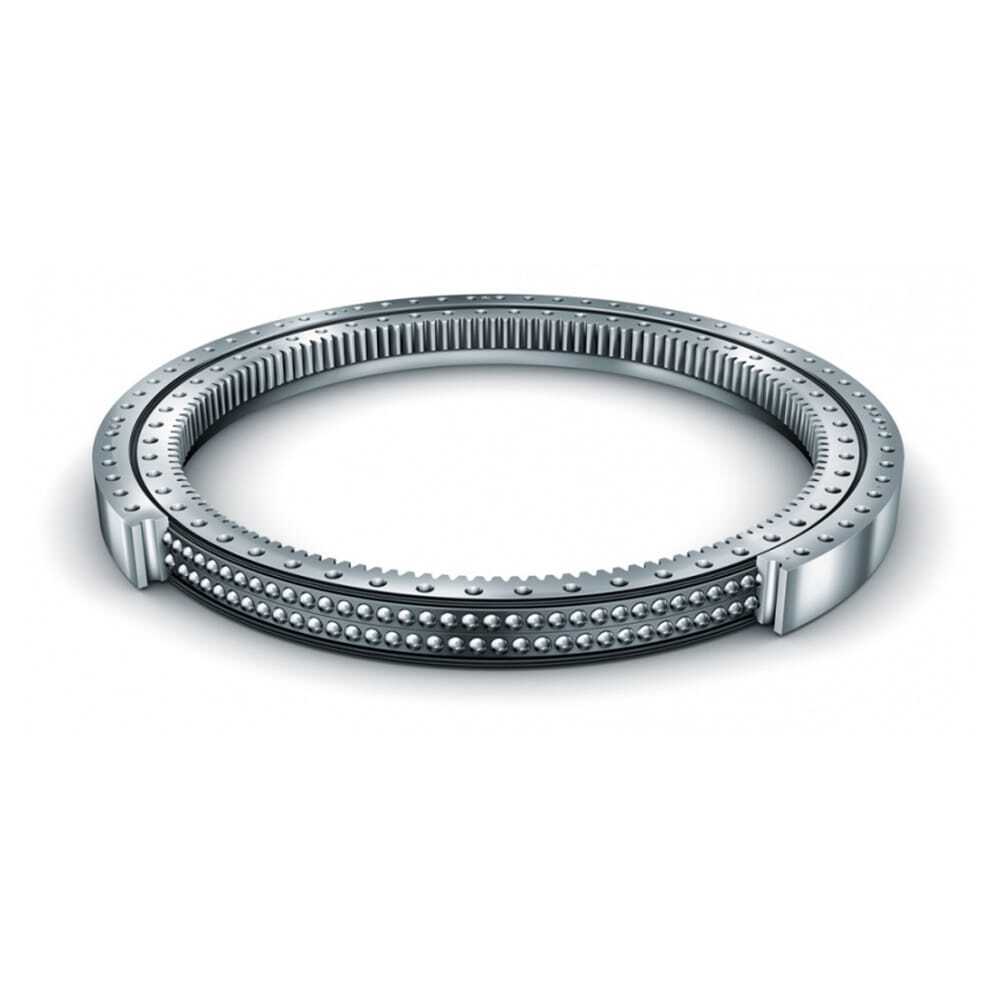
Dental bearings are vital for the precision, smooth operation, and durability of dental handpieces. Choosing the right dental bearings, whether ceramic or stainless steel, is vital for your handpiece's performance. Each type plays a key role in extending the equipment's lifespan.
This blog offers a clear comparison to help dental professionals choose the best dental bearings for their practice. This ensures optimal performance and longer-lasting equipment.
Dental bearings are precision-engineered components located within the head of a dental handpiece. Their primary function is to allow the handpiece's rotor to spin at high speeds with minimal friction. This ensures smooth, efficient operation during dental procedures, which is critical for both the dentist and the patient.
The quality of bearings in a dental handpiece directly affects its efficiency, noise levels, and lifespan. Poor-quality bearings can lead to increased wear and tear, frequent maintenance, and even premature failure of the handpiece.
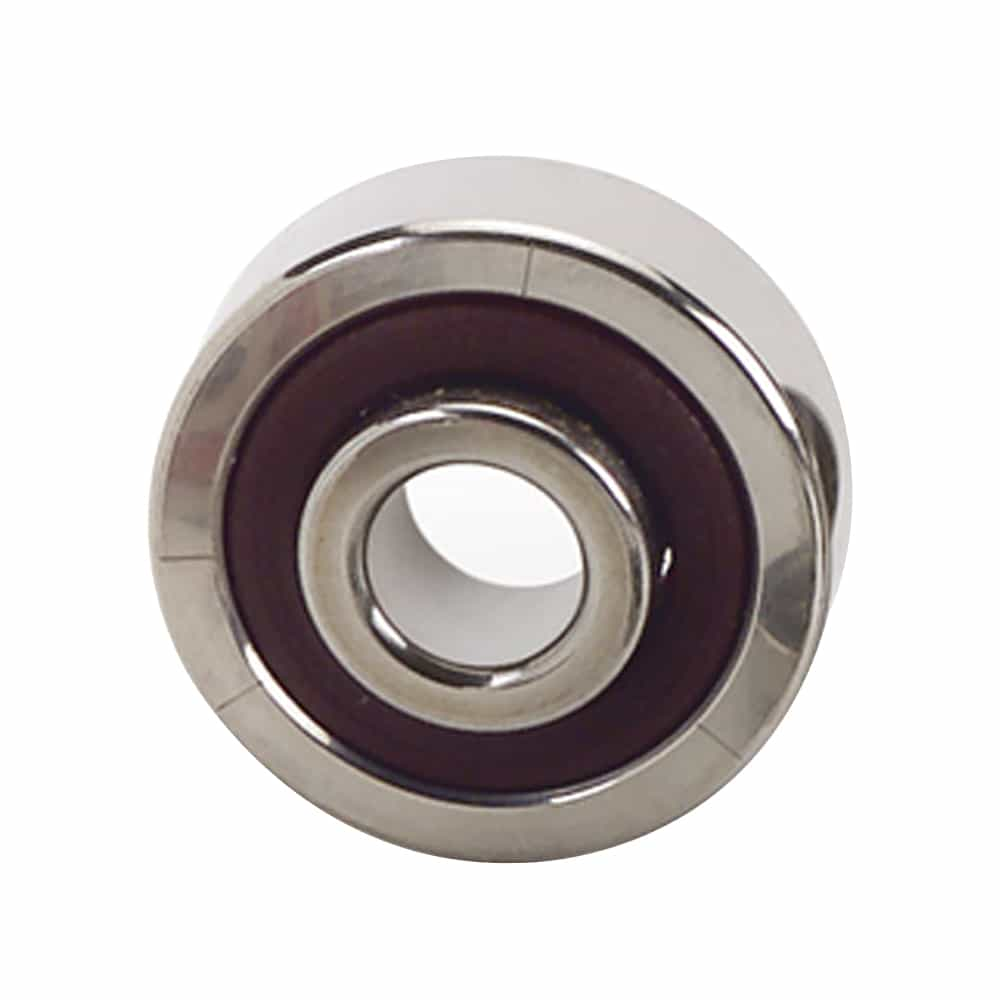
Radial Bearings vs. Angular Contact Bearings
Ceramic Bearings vs. Stainless Steel Bearings
Material Composition
Ceramic dental bearings are typically made from advanced ceramic materials such as zirconia or silicon nitride. These materials are known for their exceptional hardness, lightweight, and resistance to heat and wear.
Key Properties
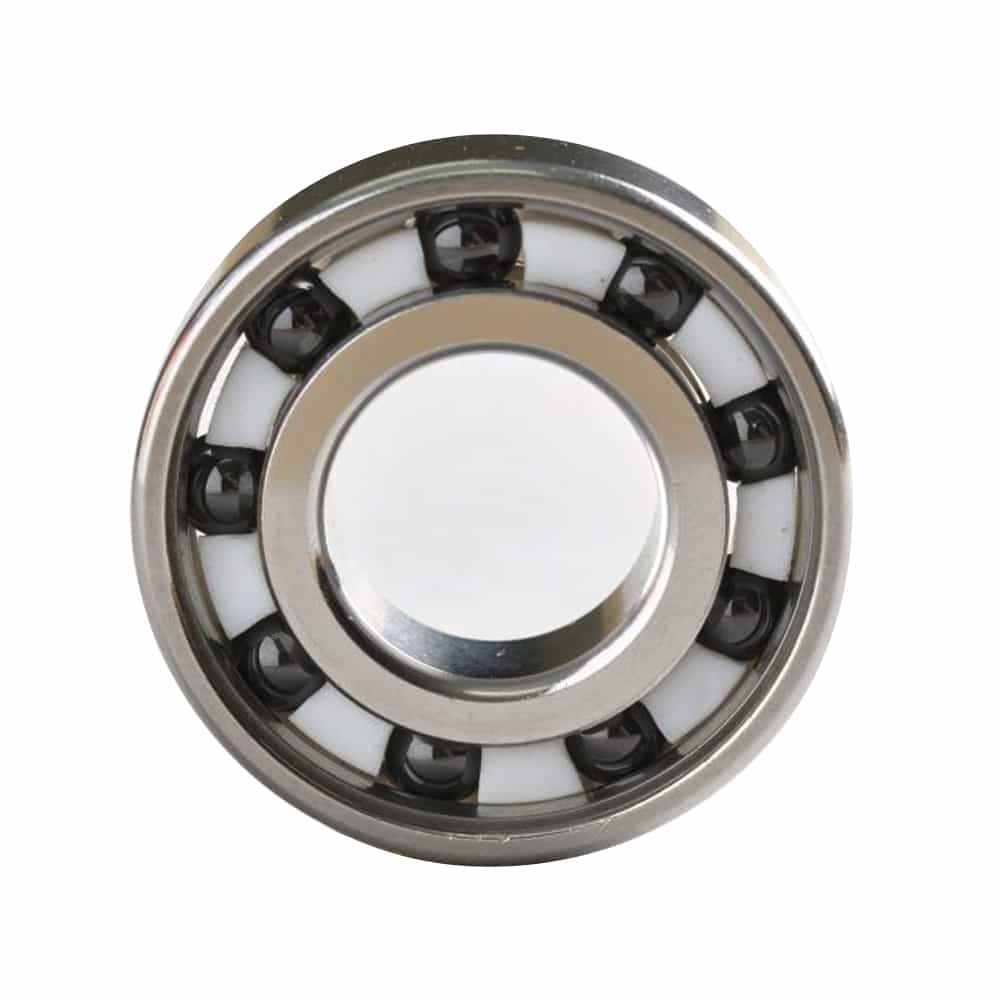
Material Composition
Stainless steel bearings are made from high-grade stainless steel, which is known for its strength, durability, and resistance to corrosion.
Key Properties
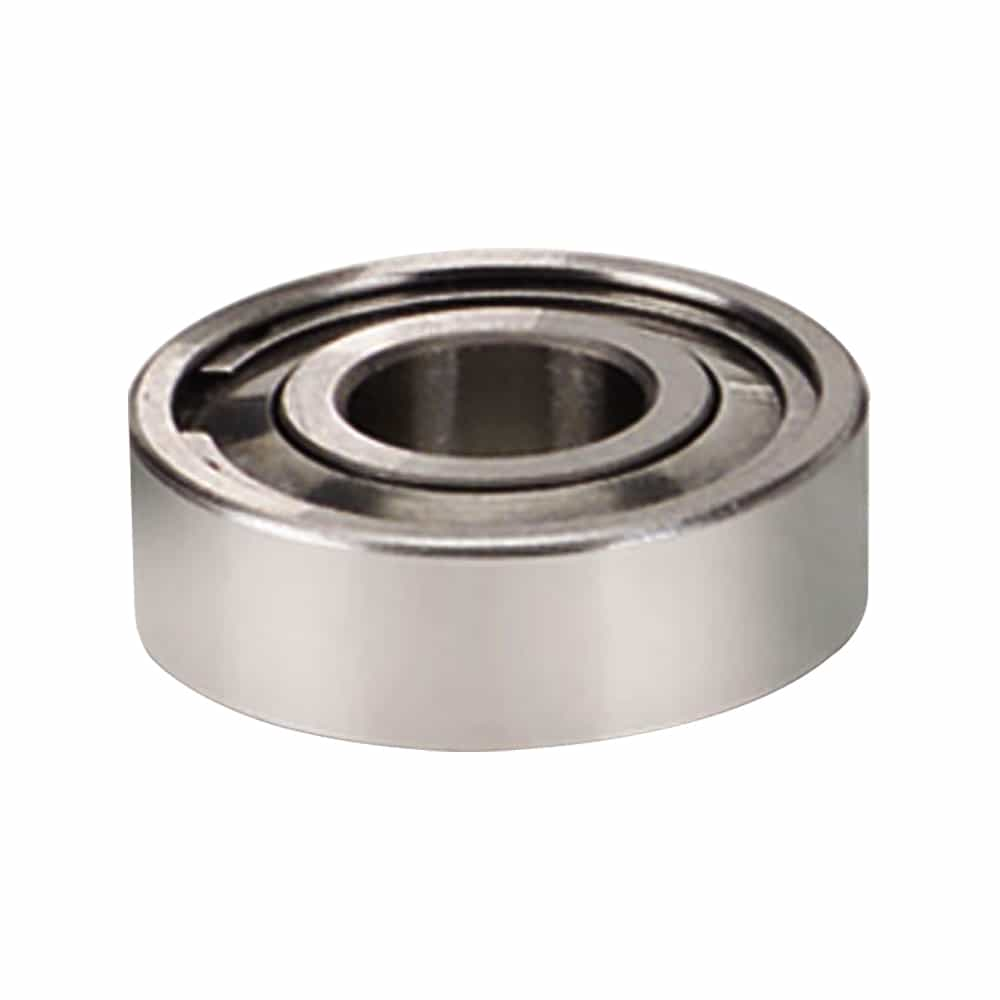
Ceramic bearings have a higher upfront cost. However, their longer lifespan and reduced maintenance needs can make them more cost-effective in the long run. Conversely, stainless steel bearings may be more affordable initially but could require more frequent replacements and maintenance.
Evaluate the performance demands of your practice. If high-speed, low-noise operations are crucial, ceramic bearings offer significant advantages. For general use, stainless steel bearings may provide sufficient performance at a lower cost.
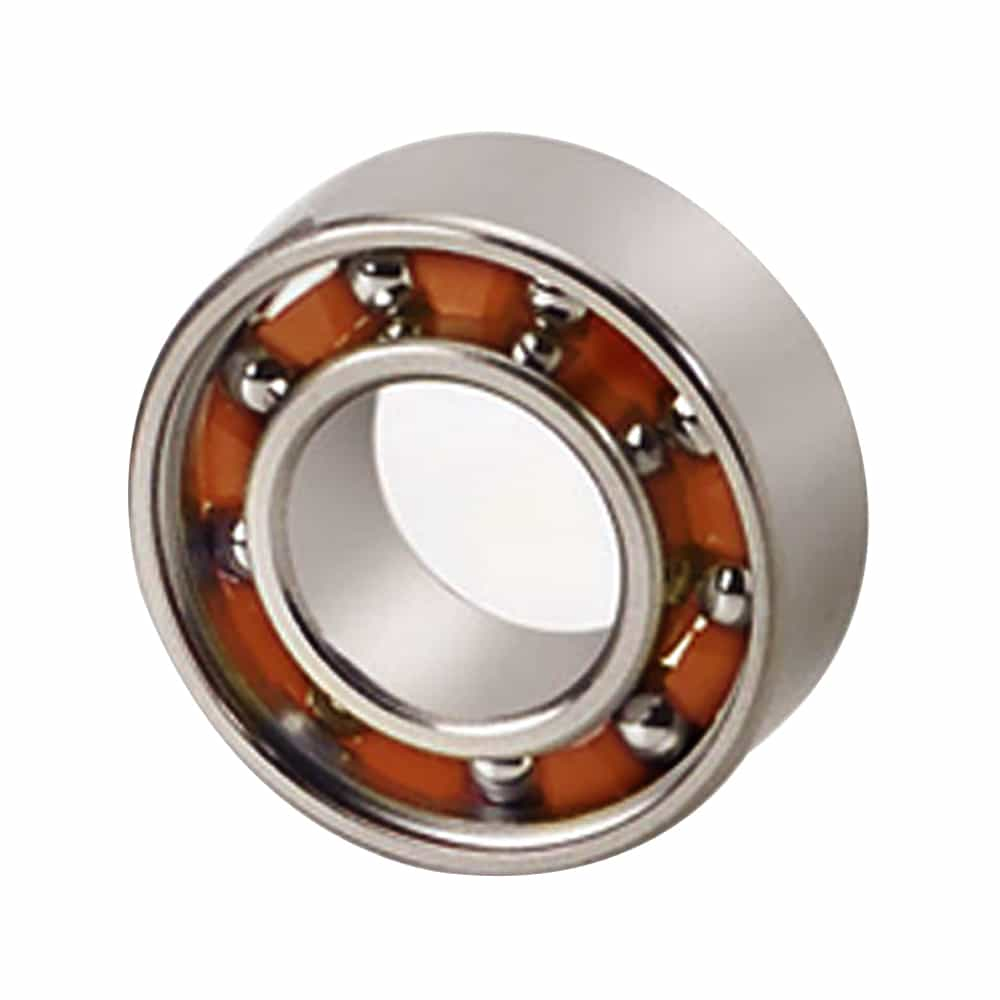
When to Choose Ceramic Bearings?
Opt for ceramic bearings if your practice demands high precision, low noise, and long-lasting performance. They are especially beneficial in specialized procedures that require minimal disruption and maximum patient comfort.
When to Choose Stainless Steel Bearings?
Stainless steel bearings are ideal for practices that require a durable, cost-effective solution for general dental procedures. They are reliable and sufficient for low to moderate-speed applications.
When choosing the best dental bearings, ceramic options offer high-speed precision, while stainless steel provides durable, cost-effective performance.The best choice depends on your practice’s specific requirements, balancing cost, performance, and maintenance needs. To make an informed decision, consider consulting with LILY Bearing to find the best dental bearings for your practice.
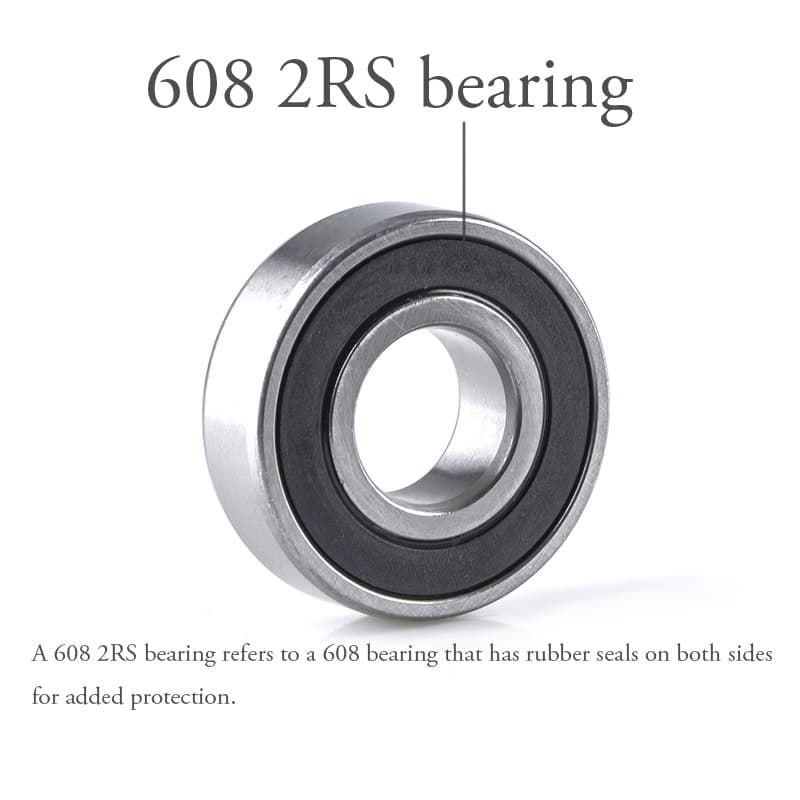
Bearings are crucial for precise movement and reliability in mechanical systems. The type of material affects how well and how long a bearing works....
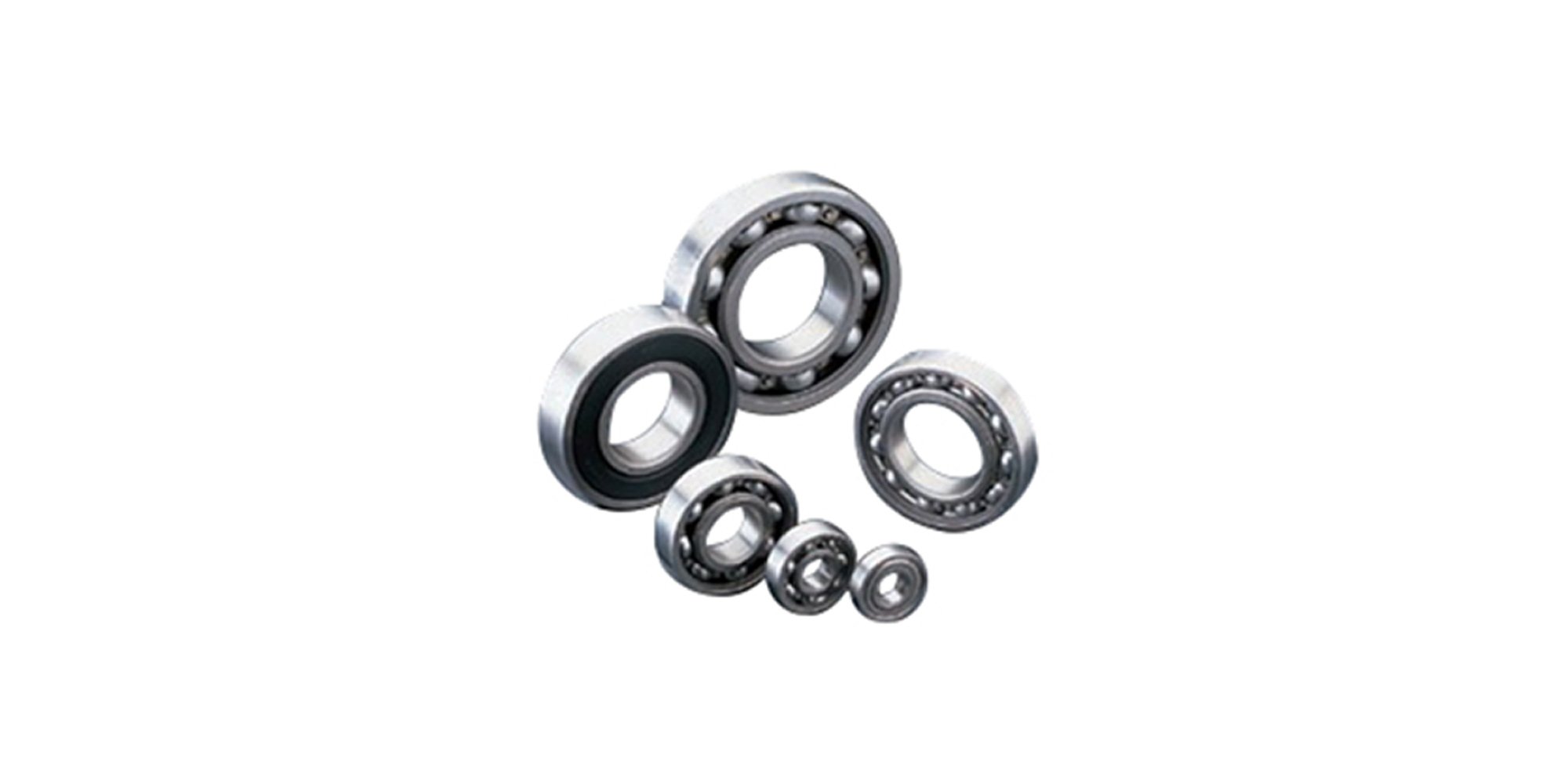
Compared with ordinary bearings, stainless steel bearings have stronger rust and corrosion resistance. They not only have obvious advantages in...
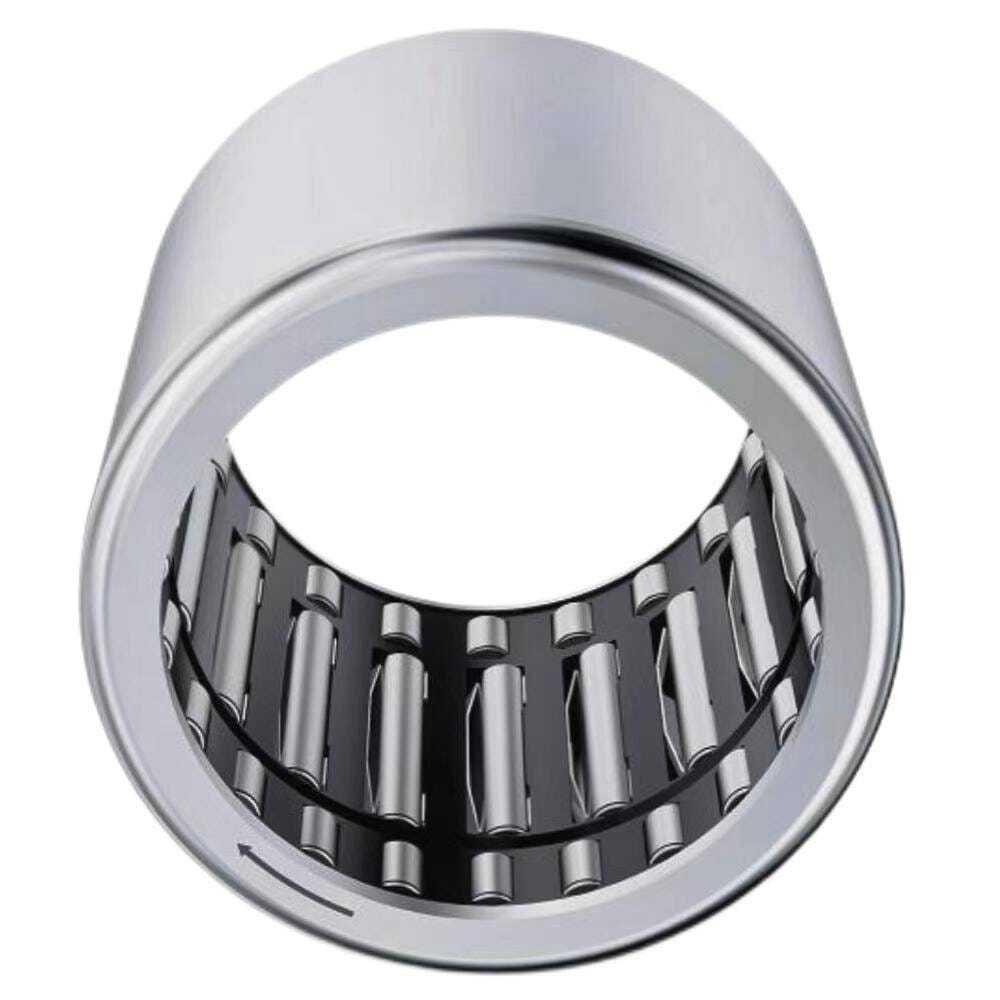
In the demanding realm of food processing and packaging, every component's efficiency and reliability are critical for operational success and health...